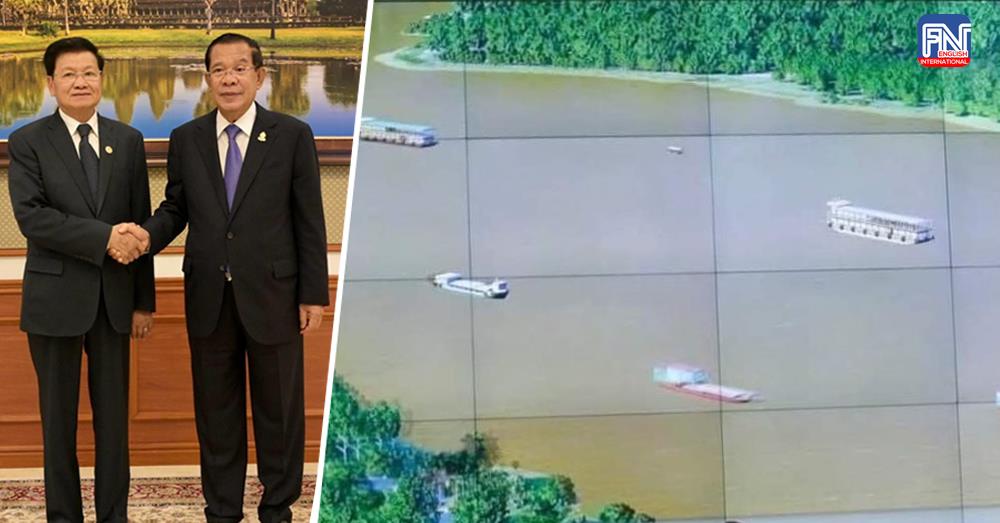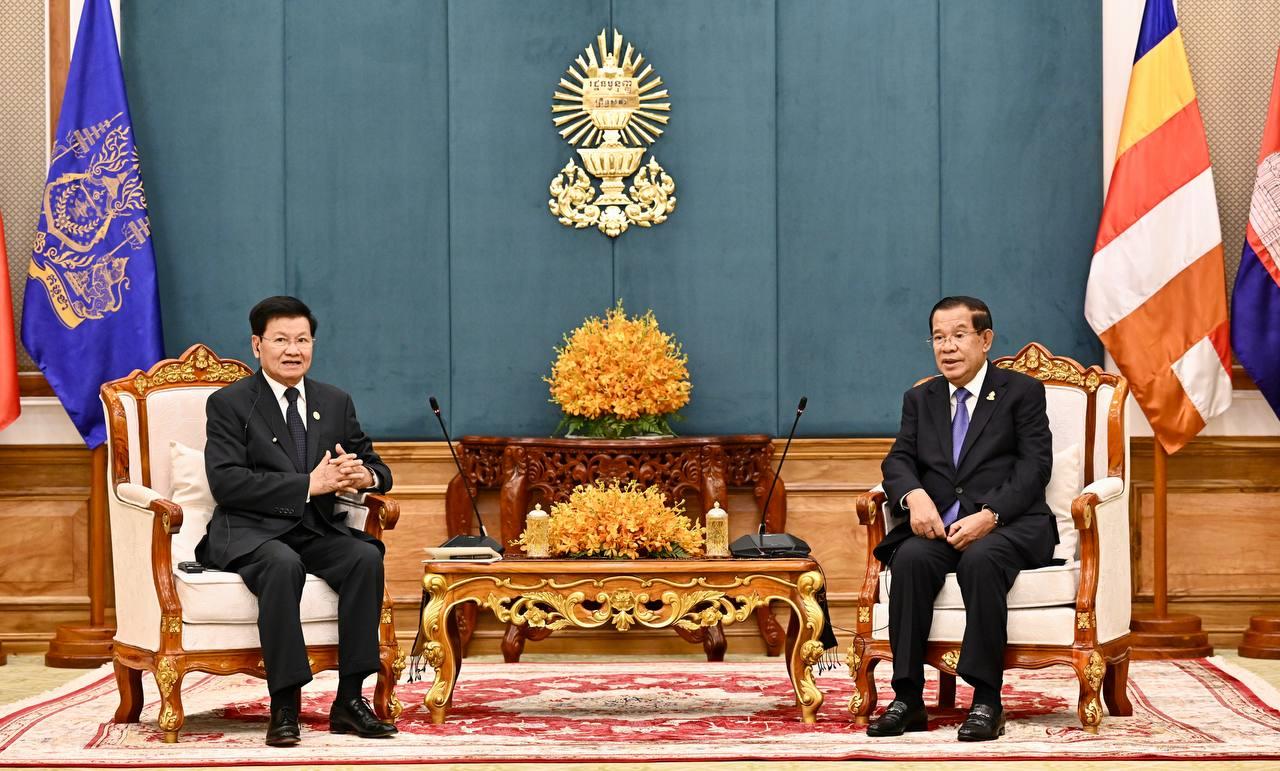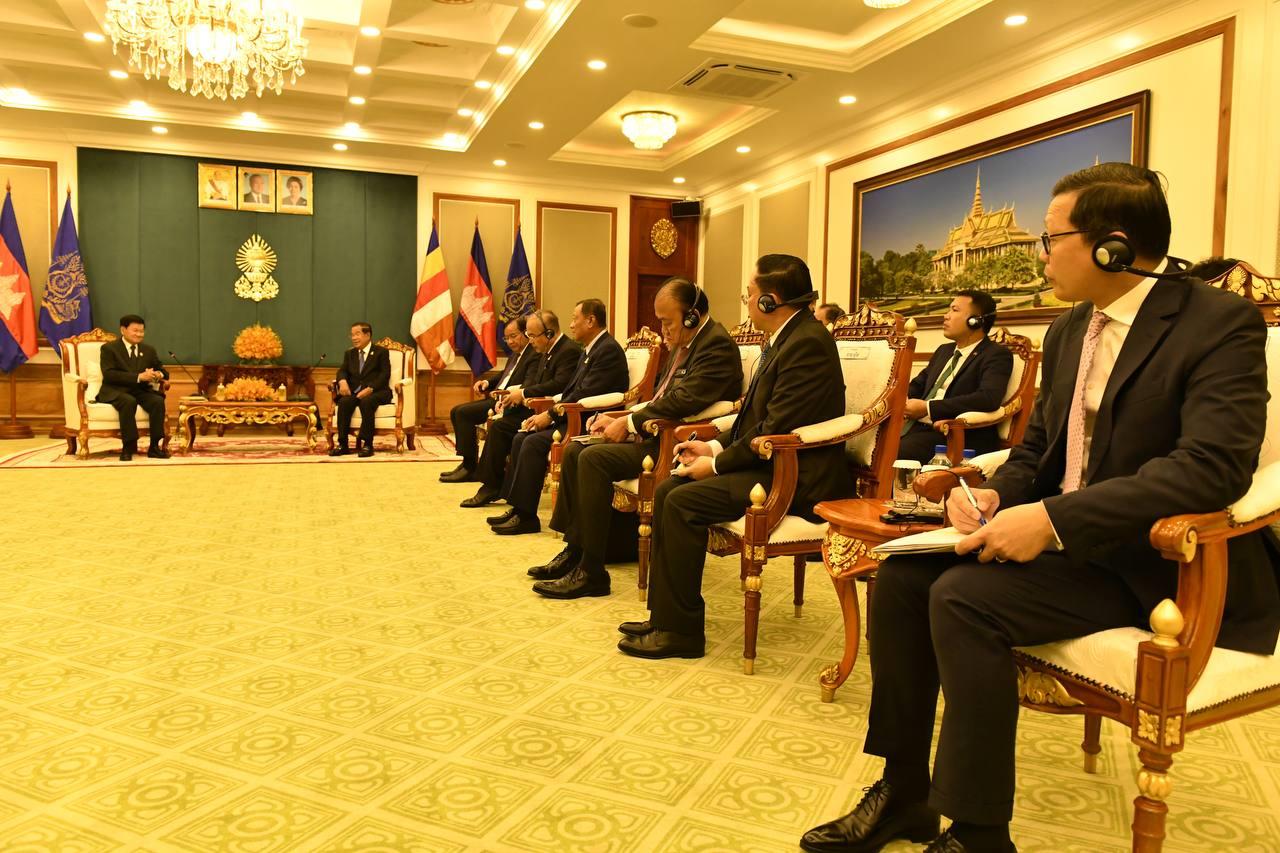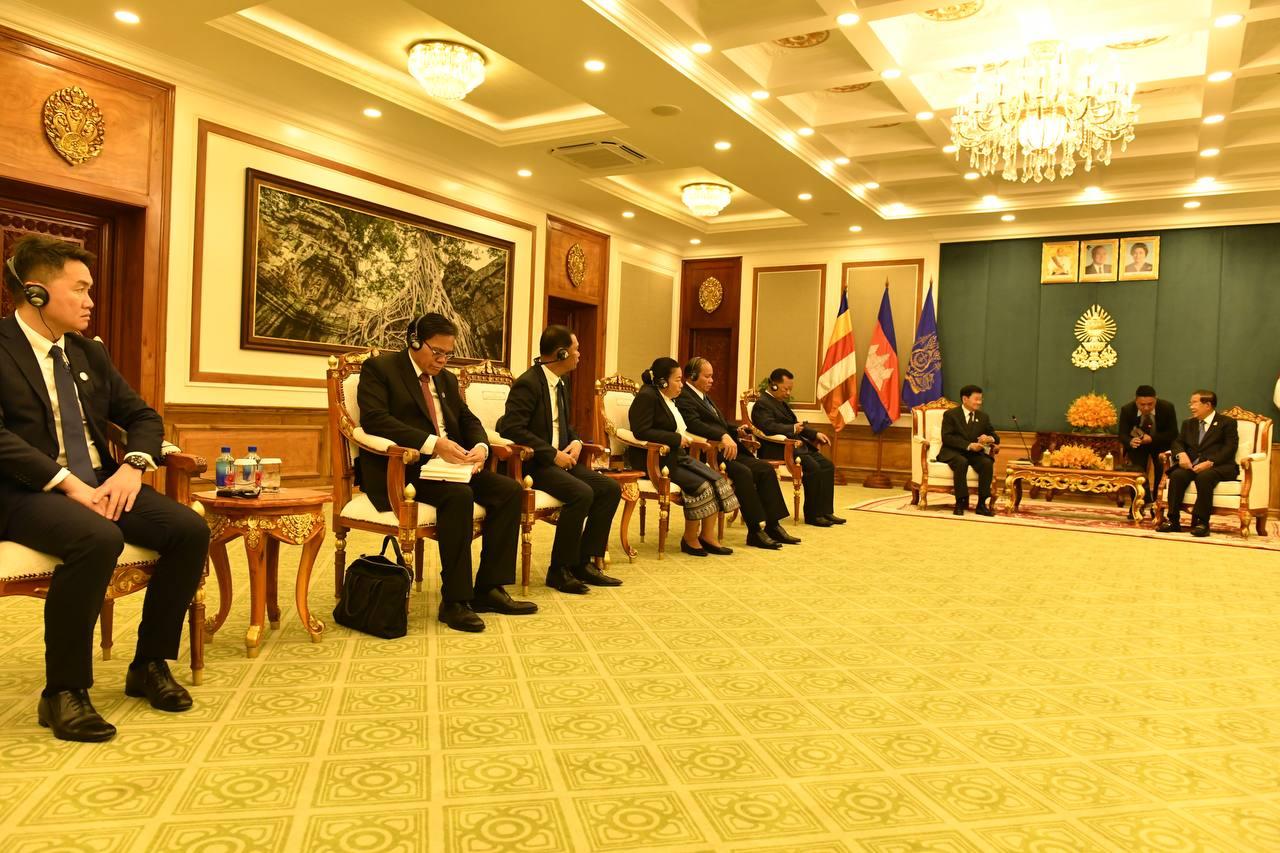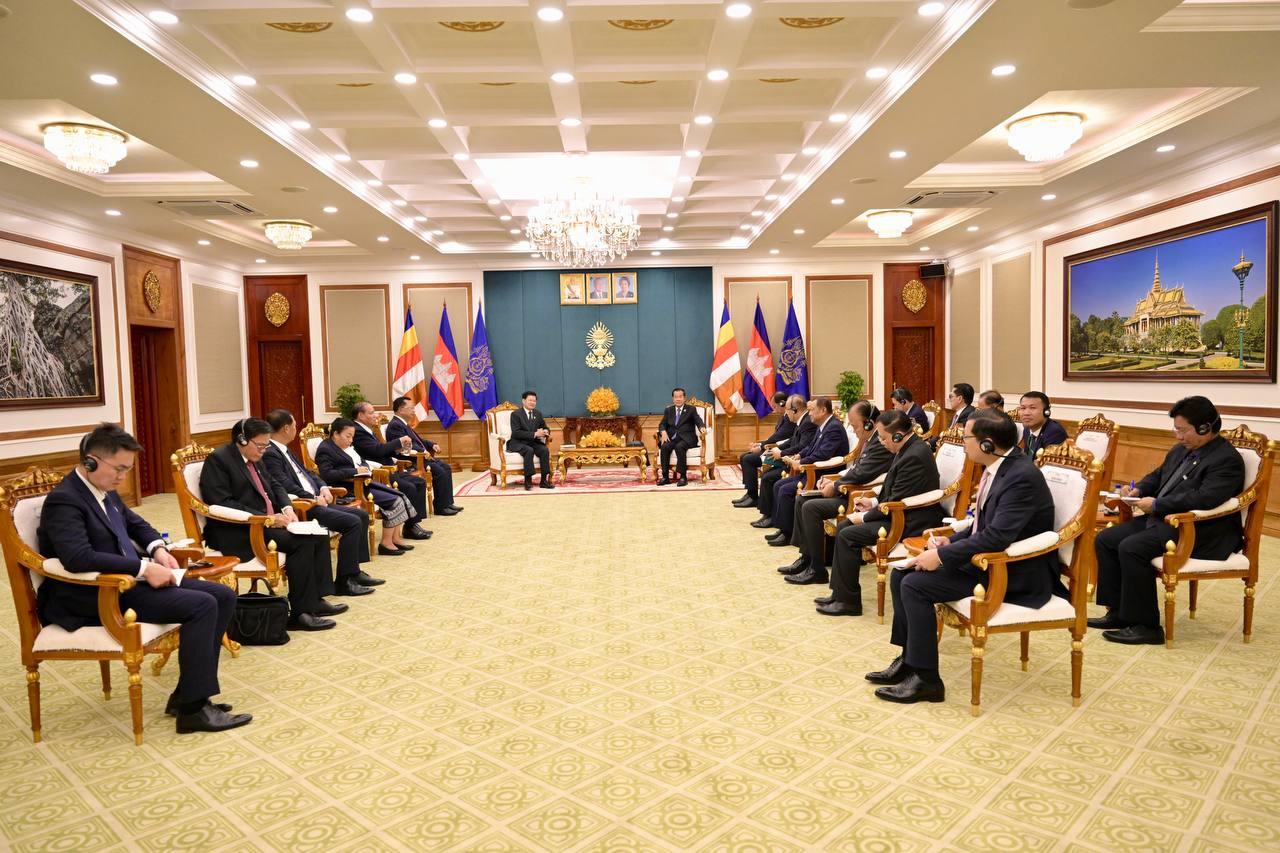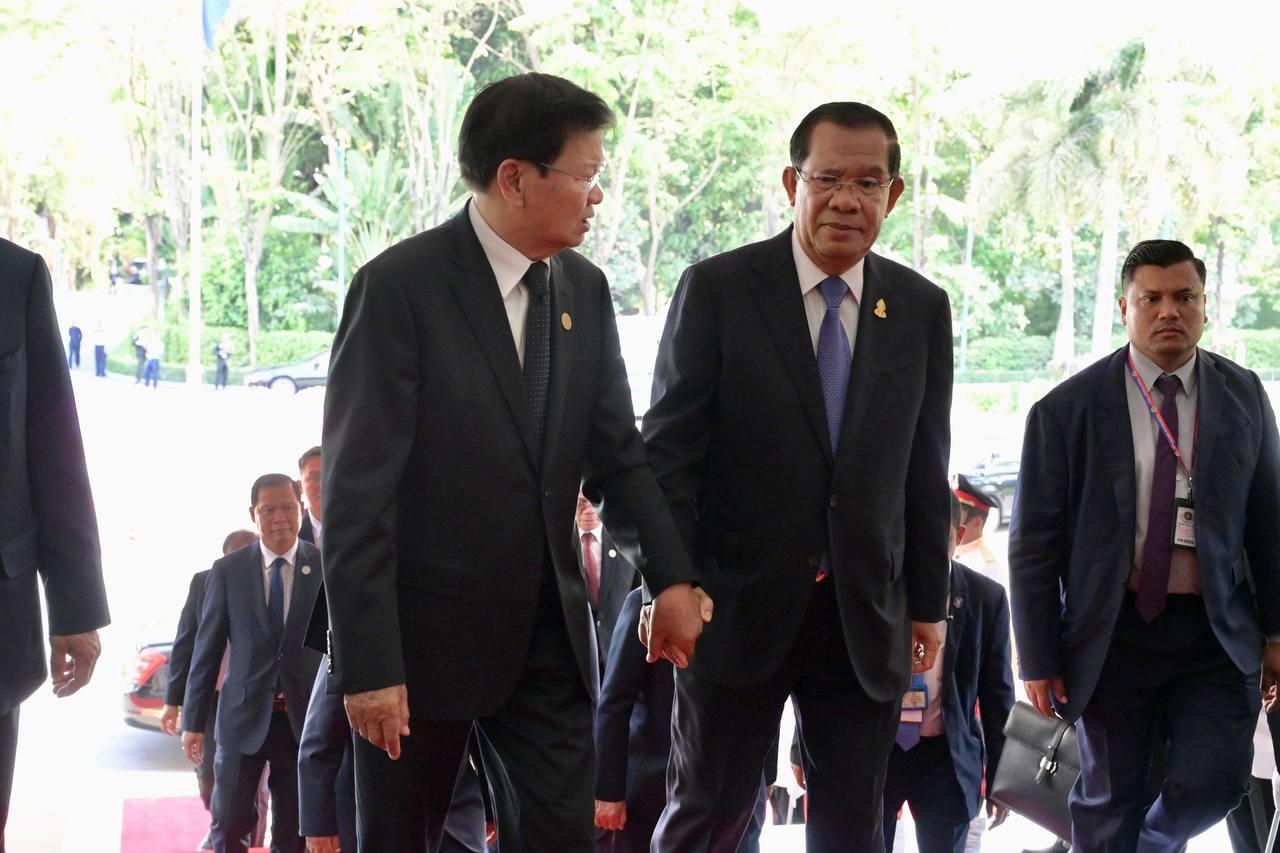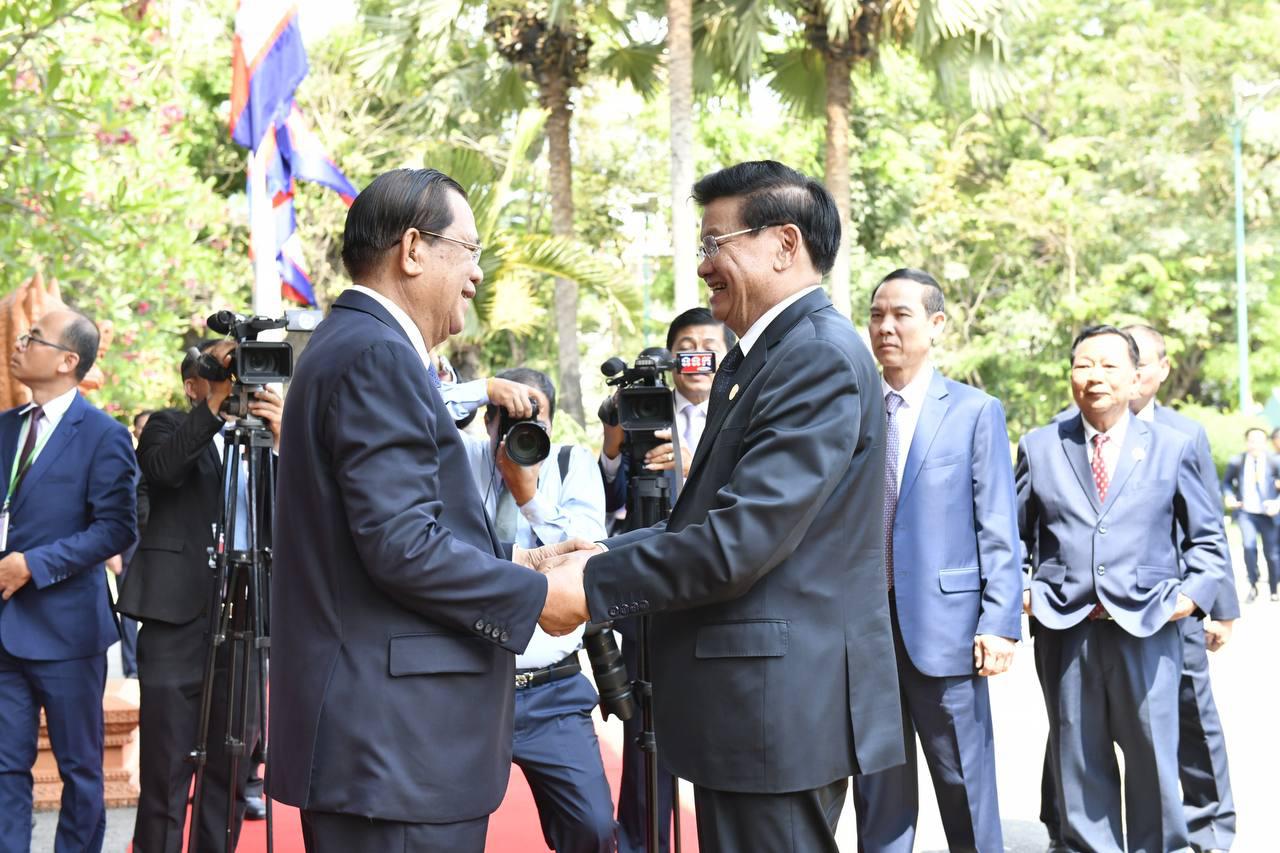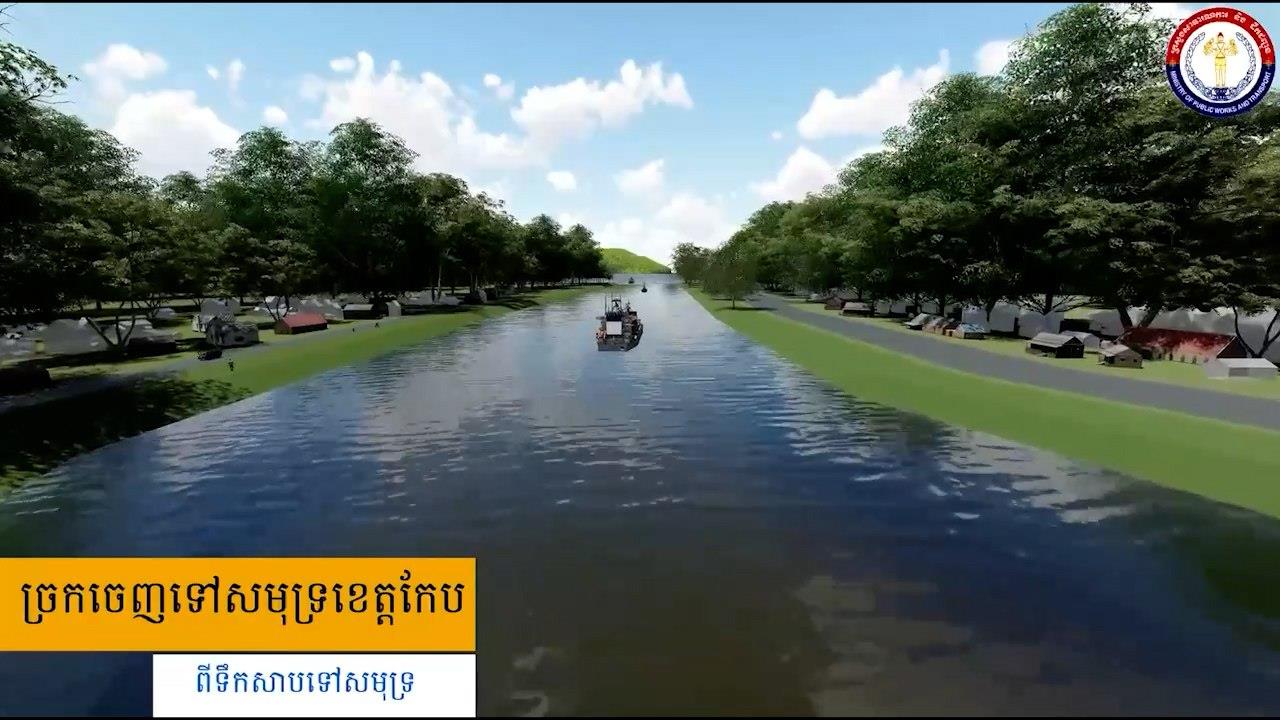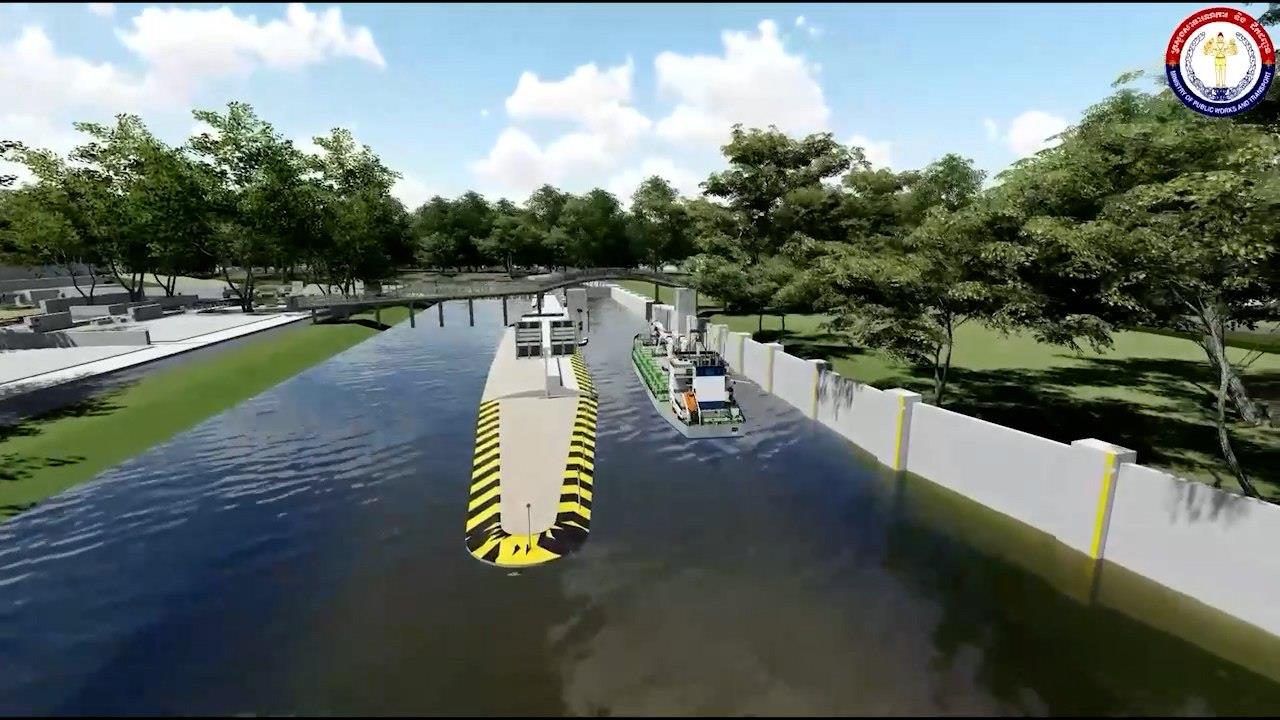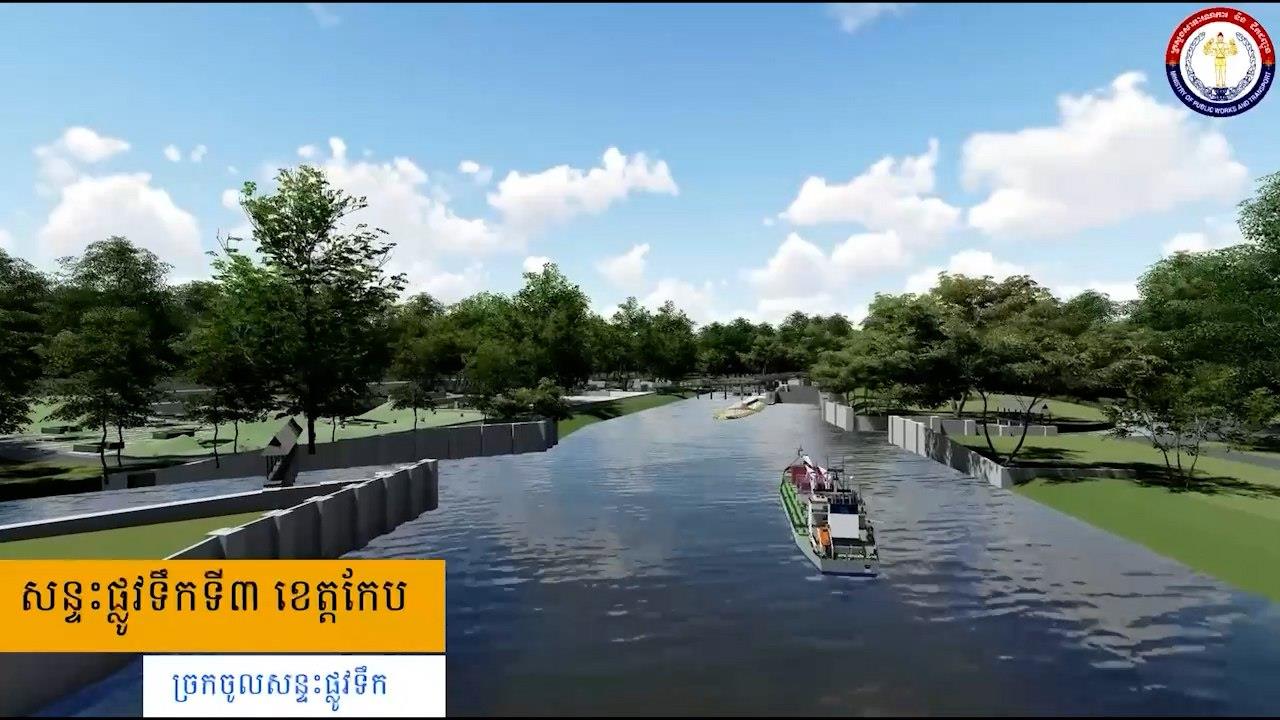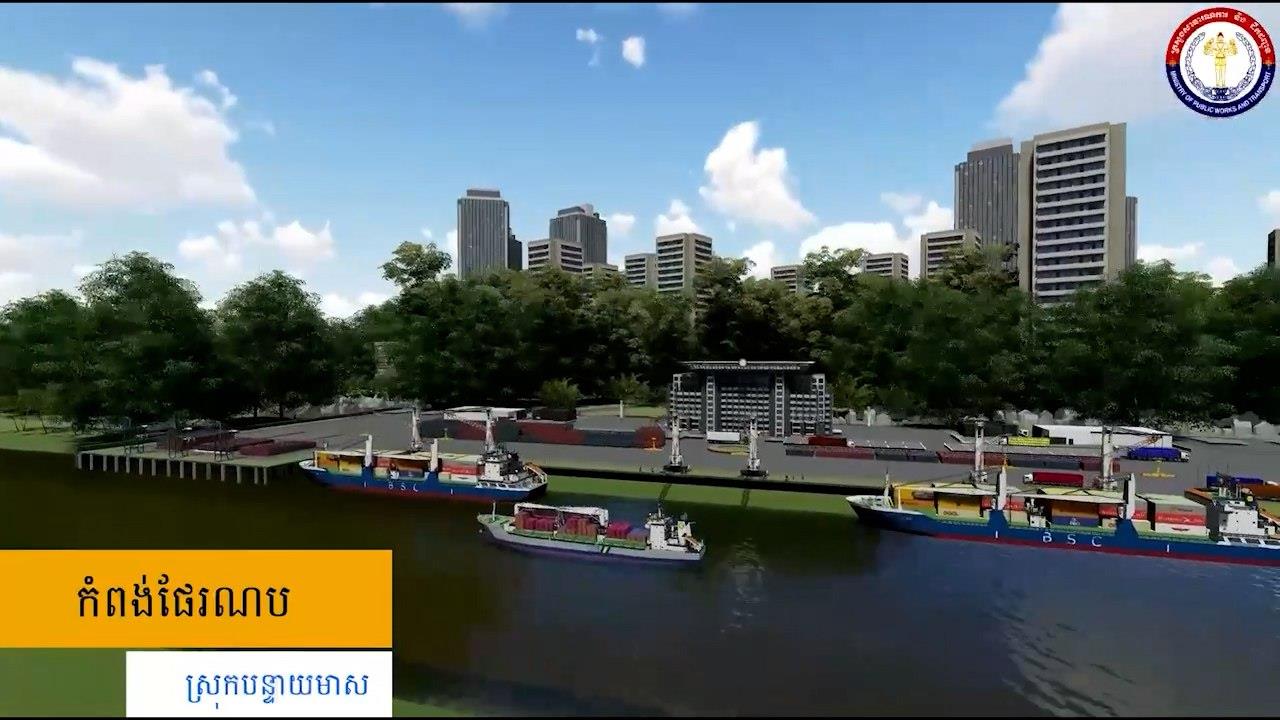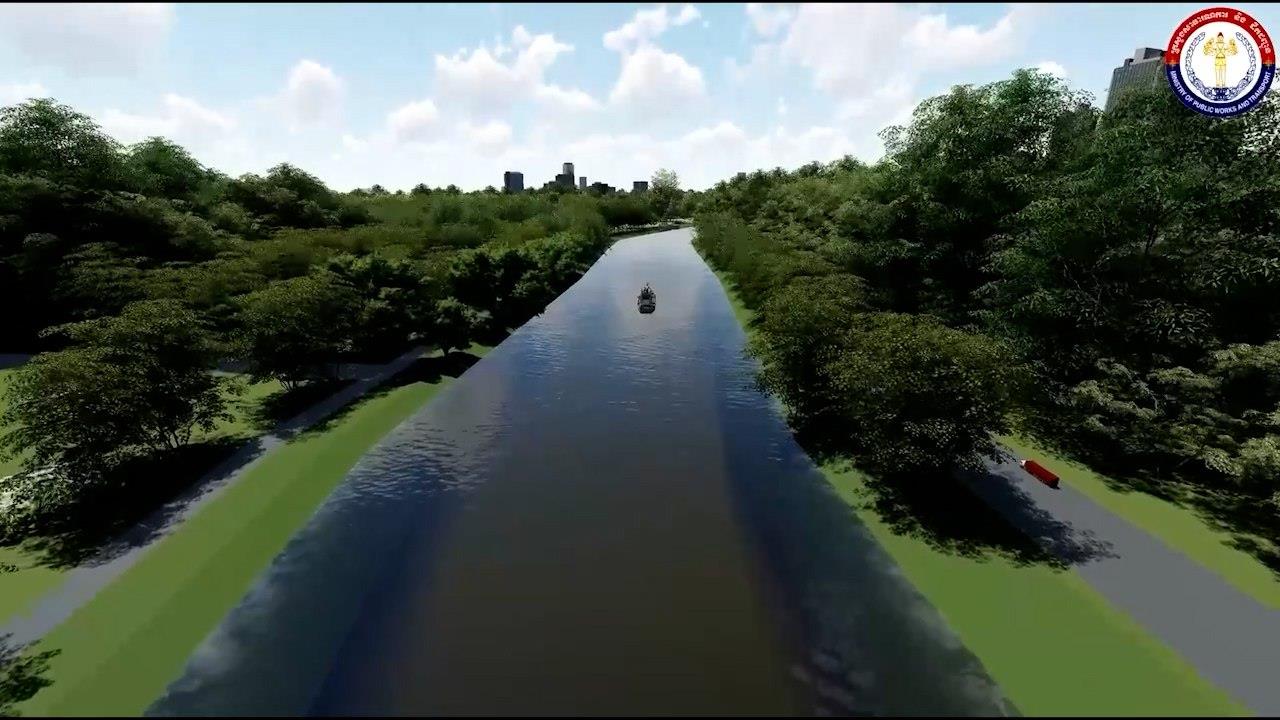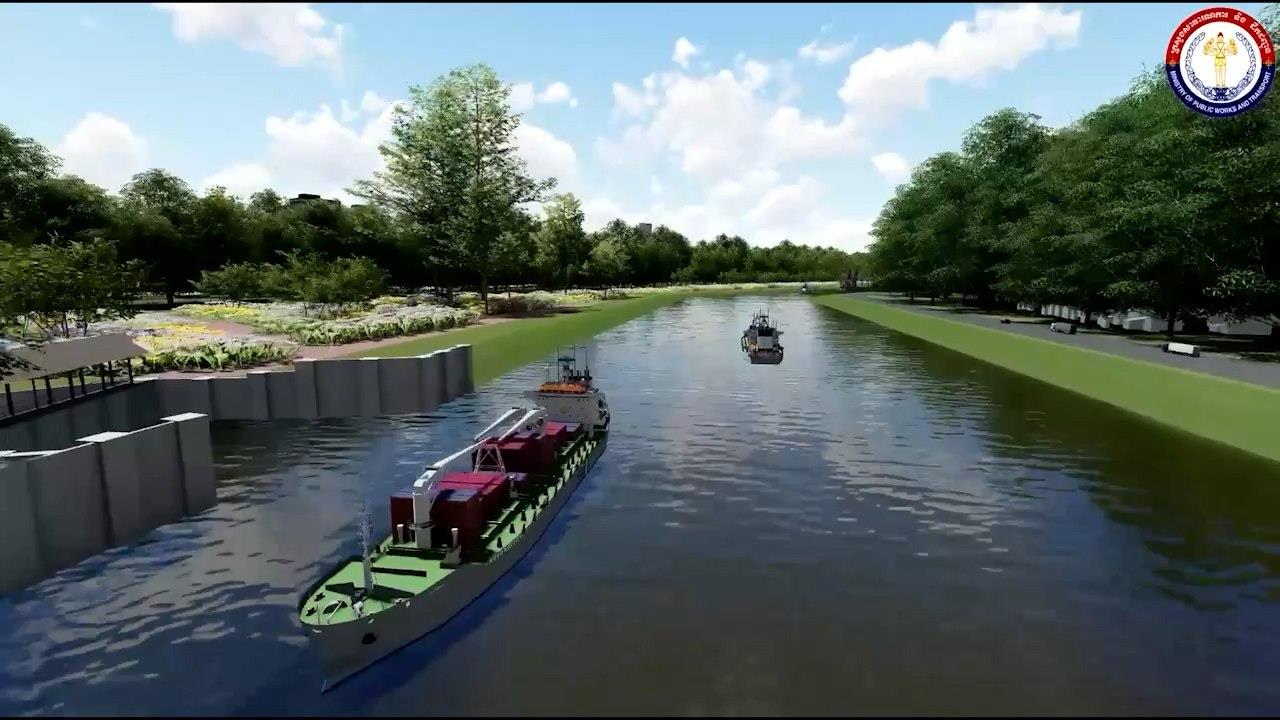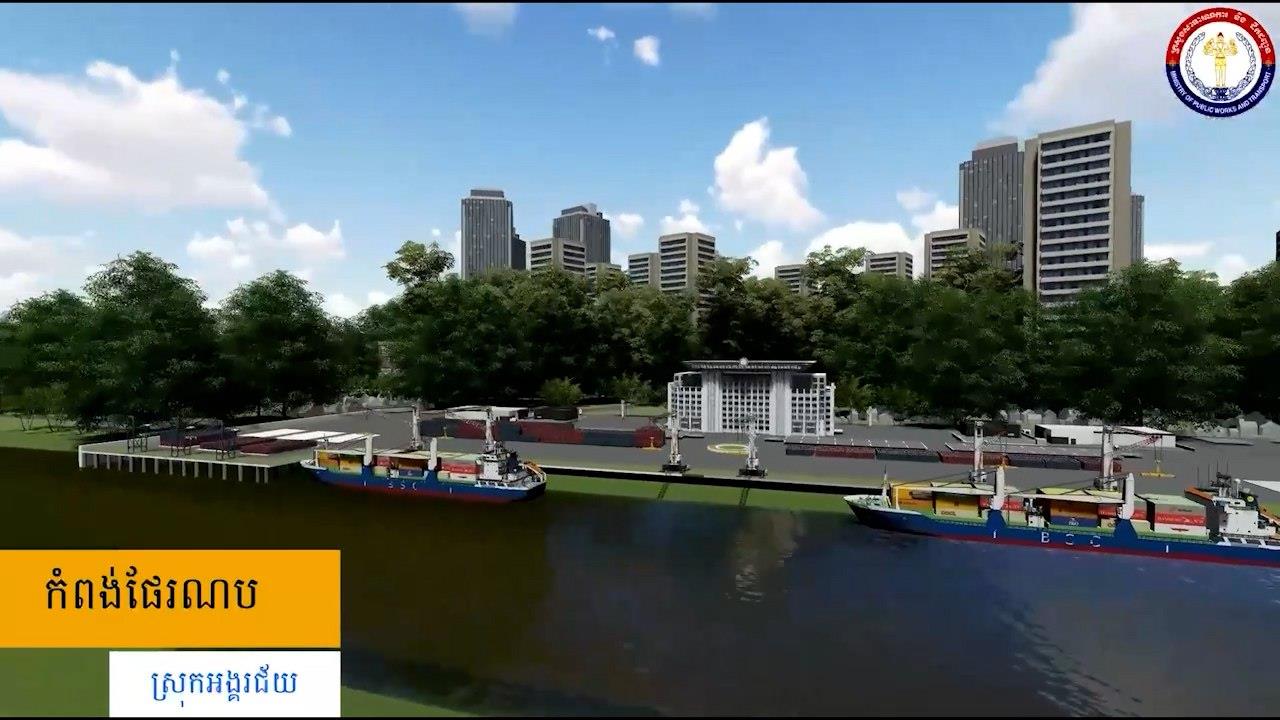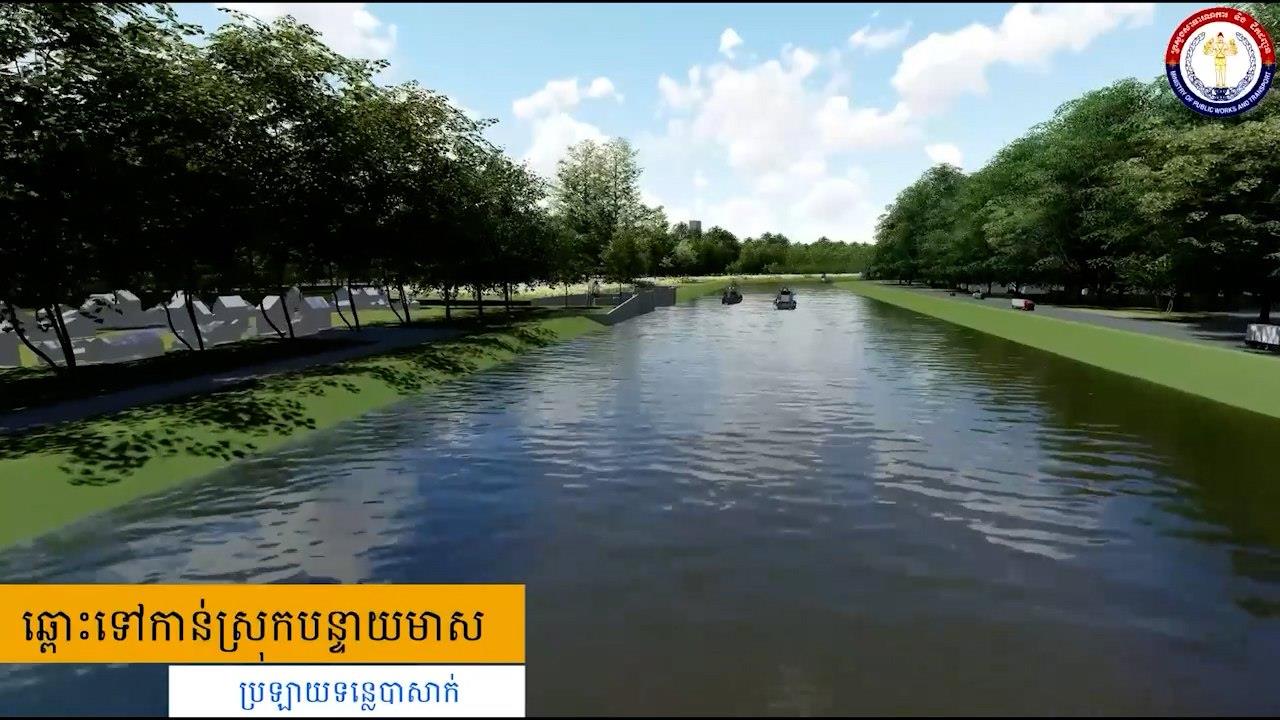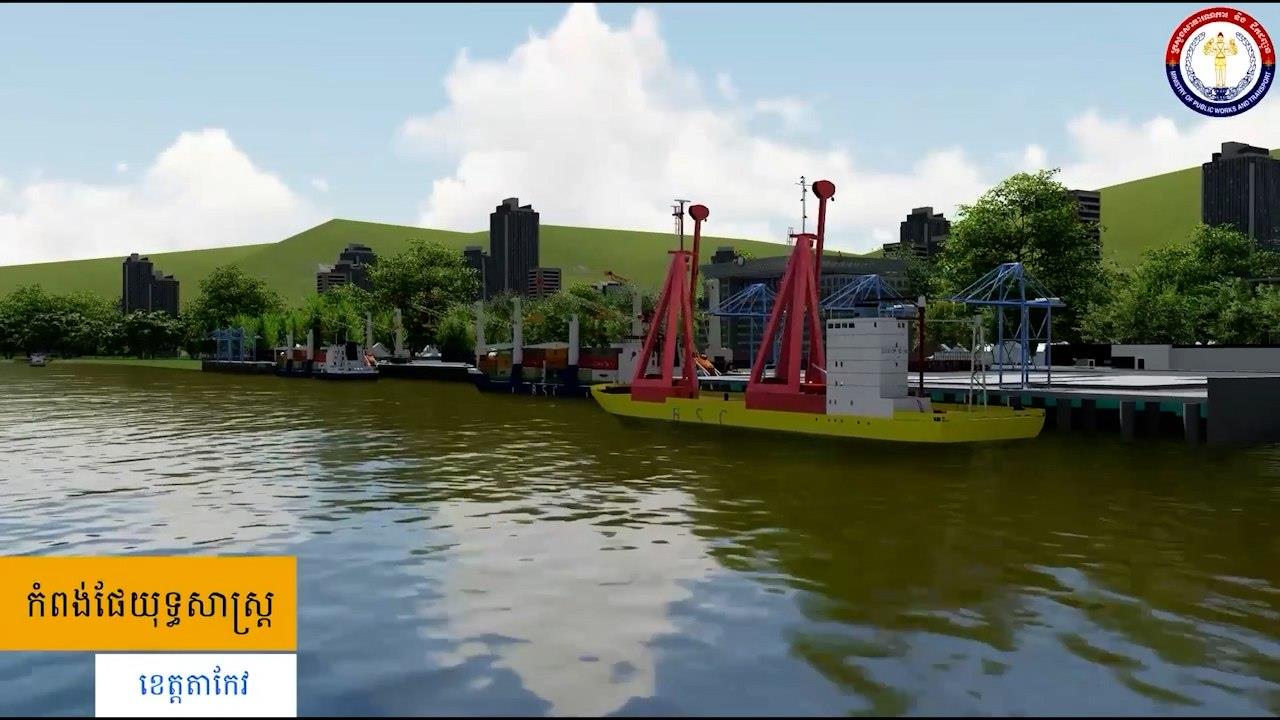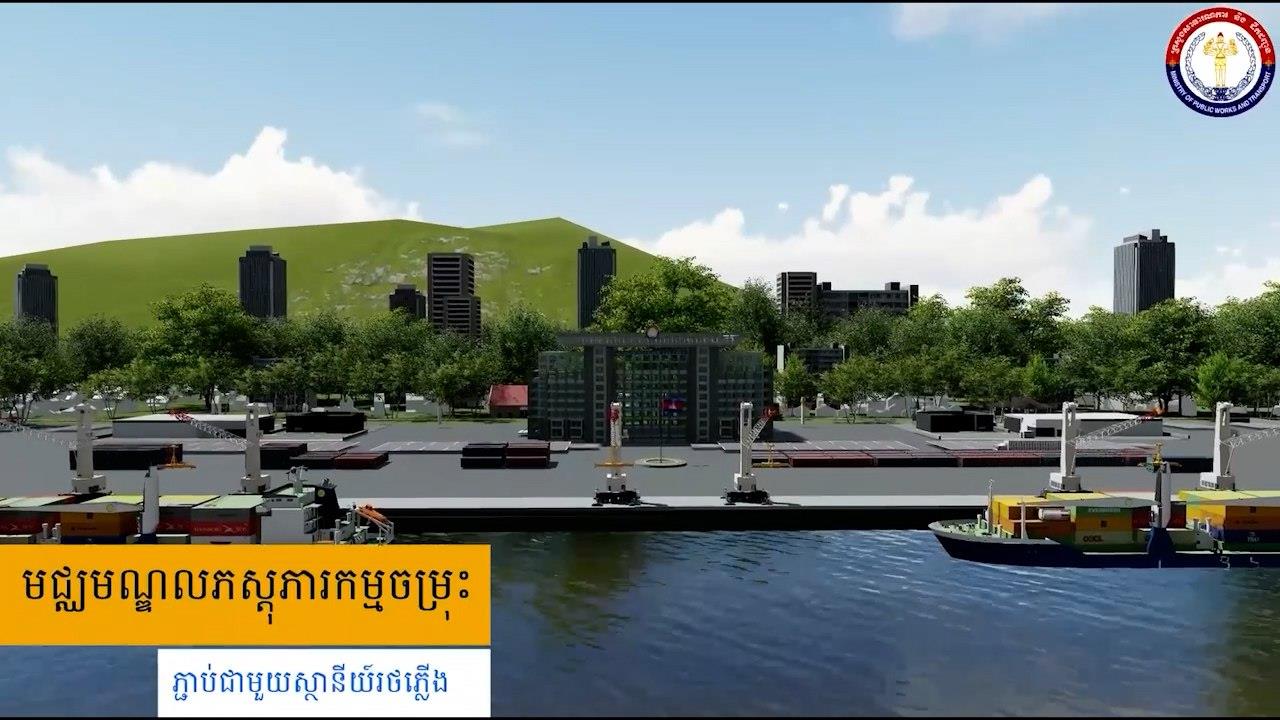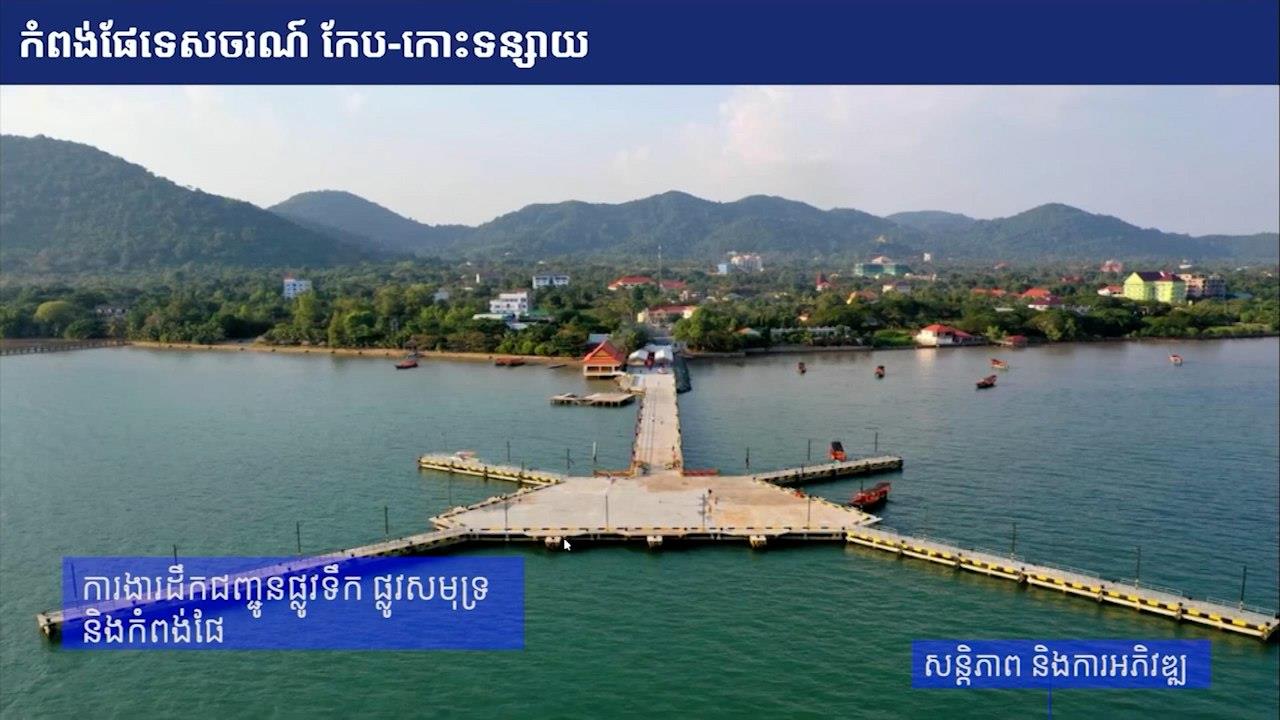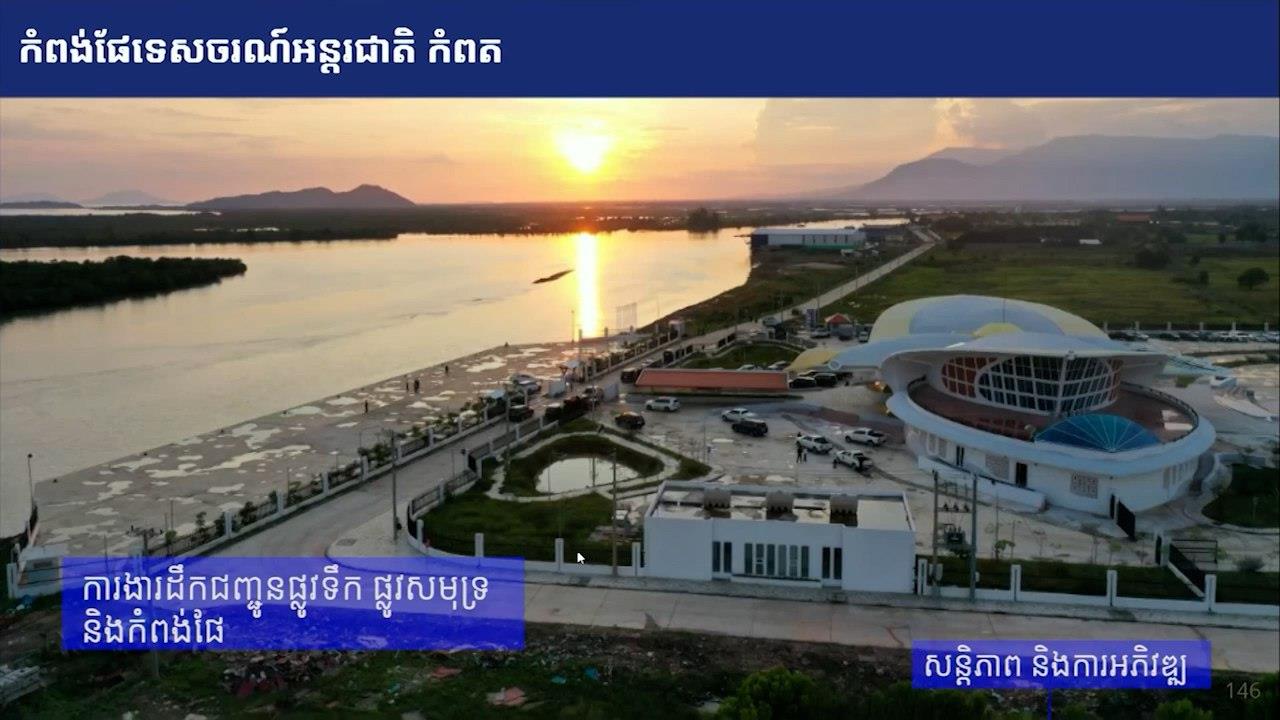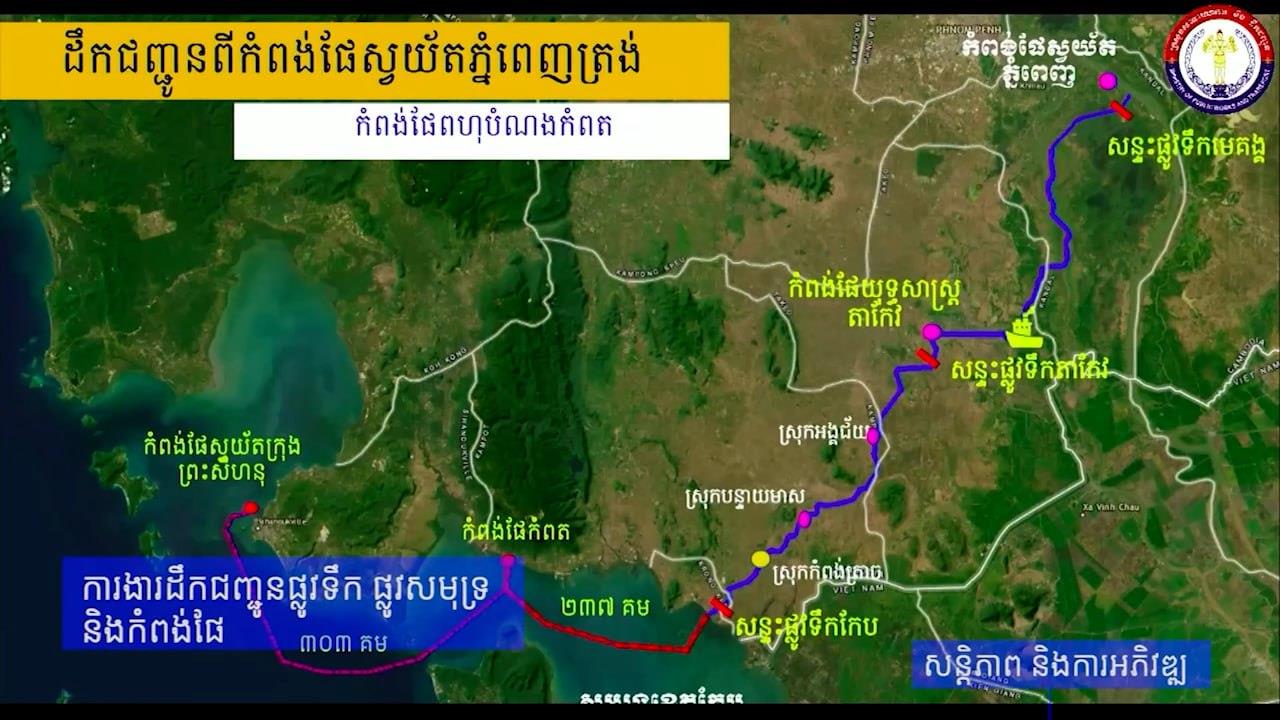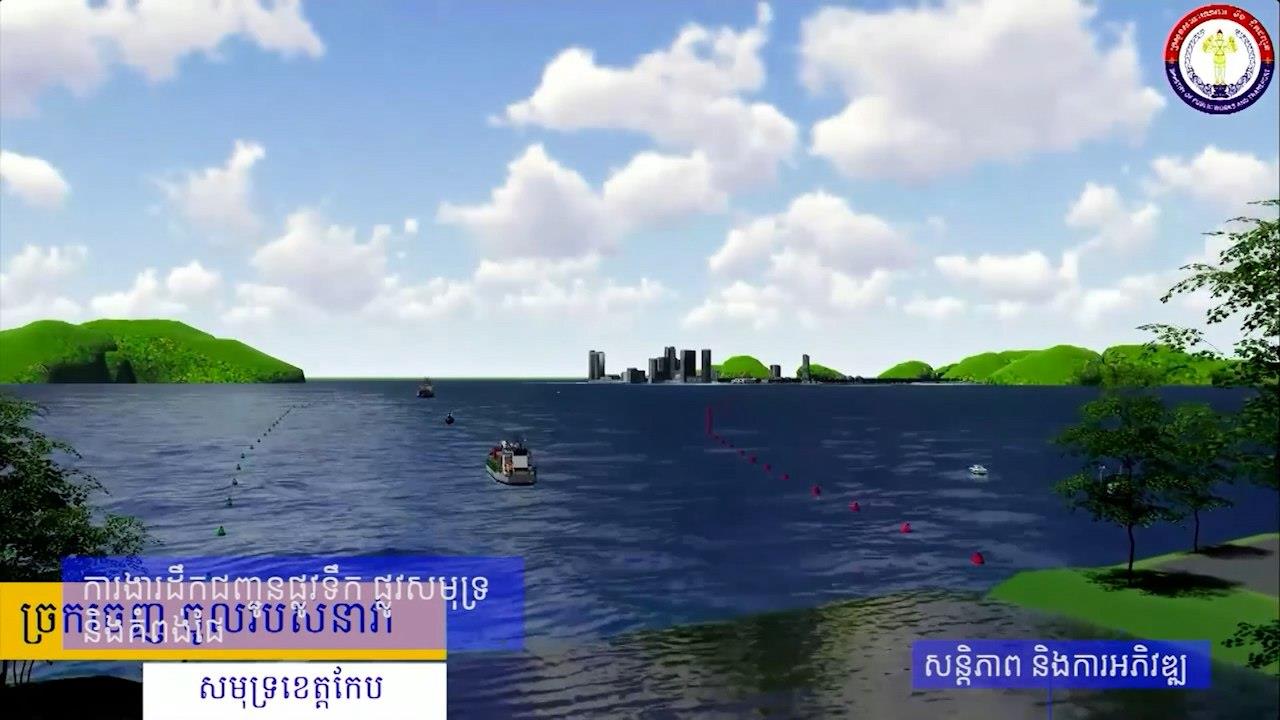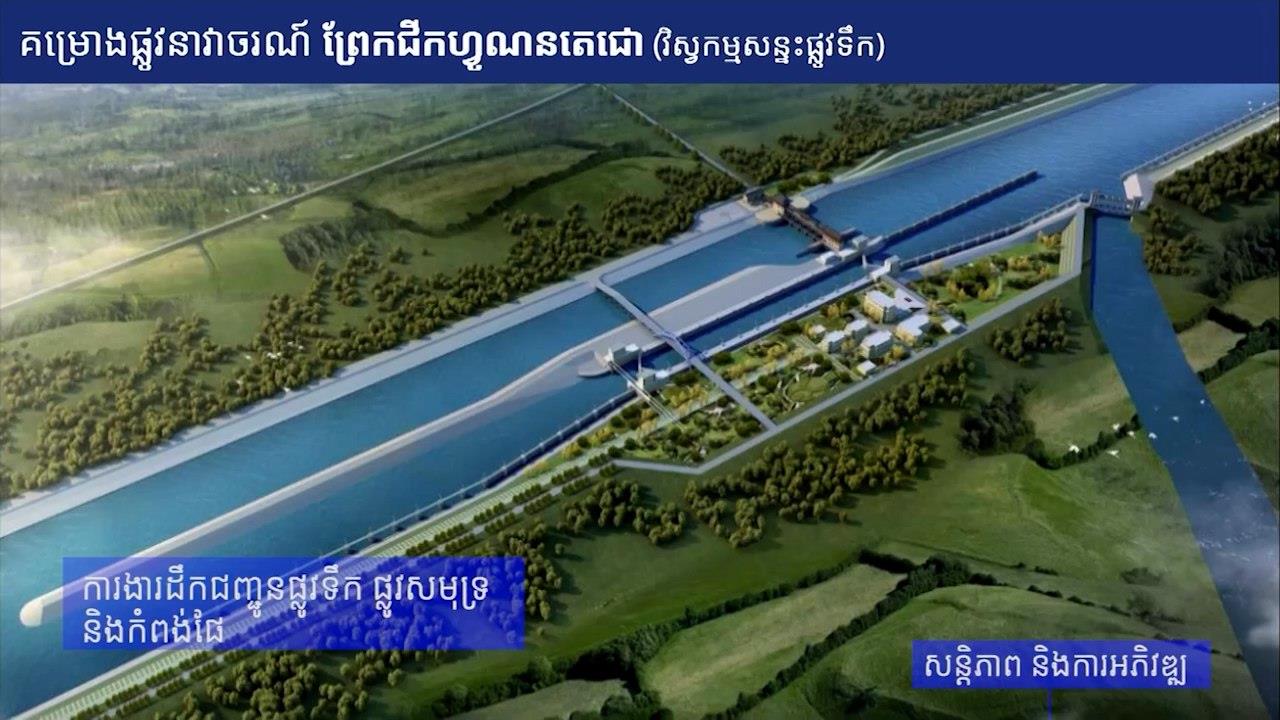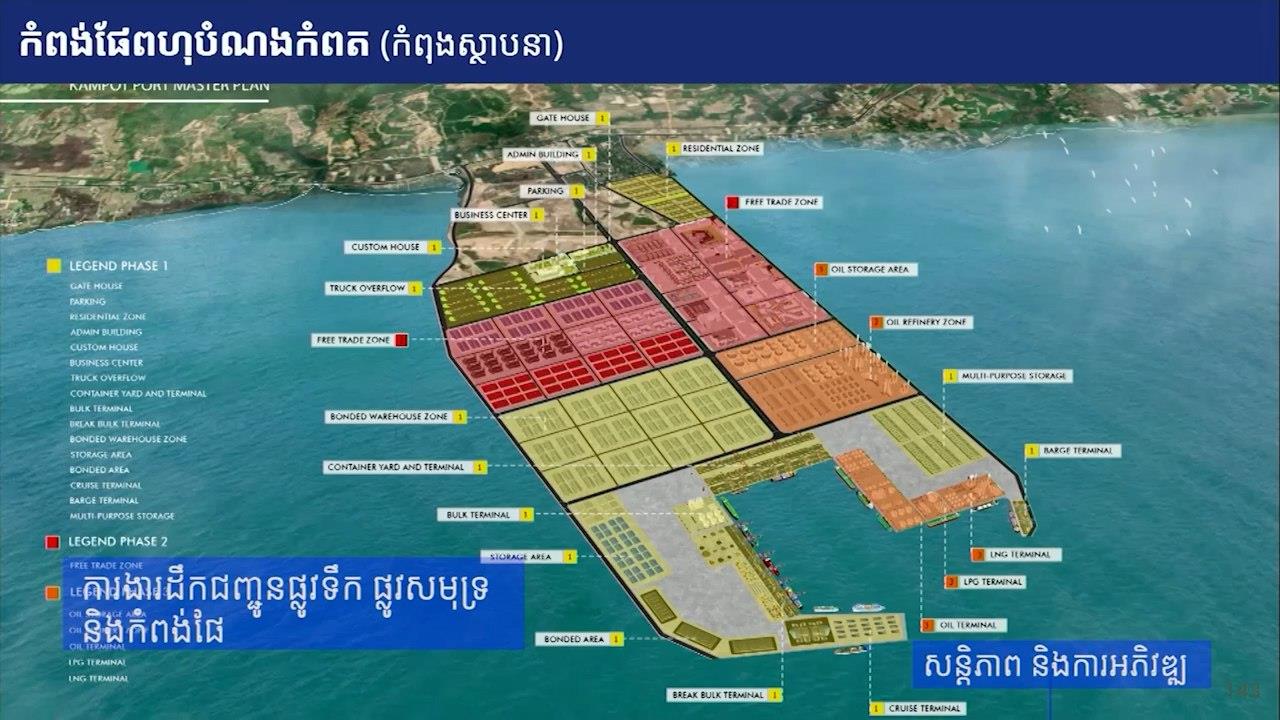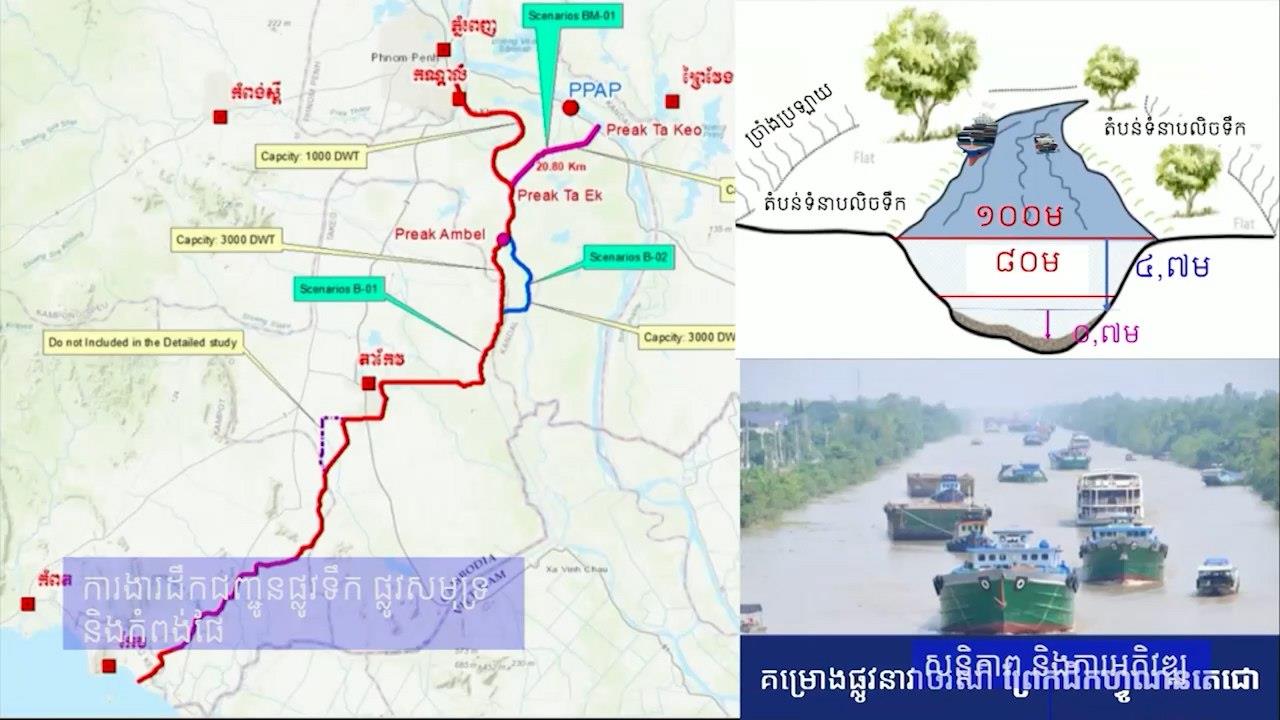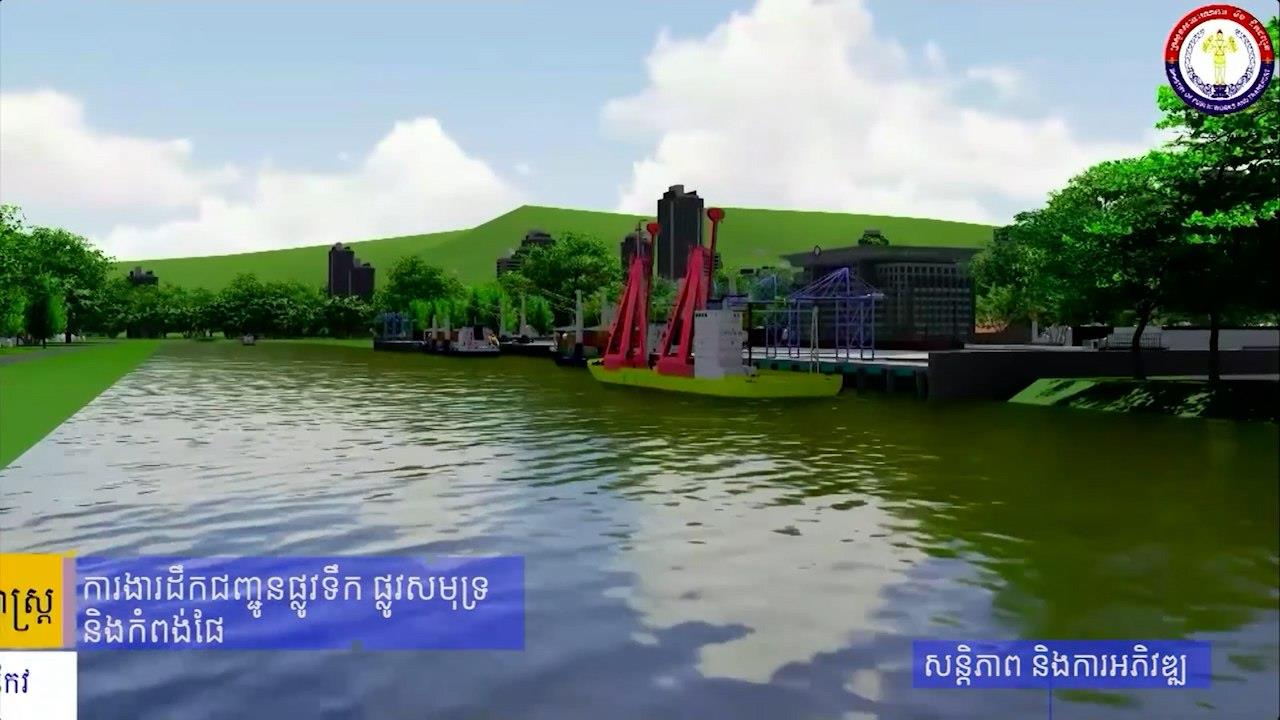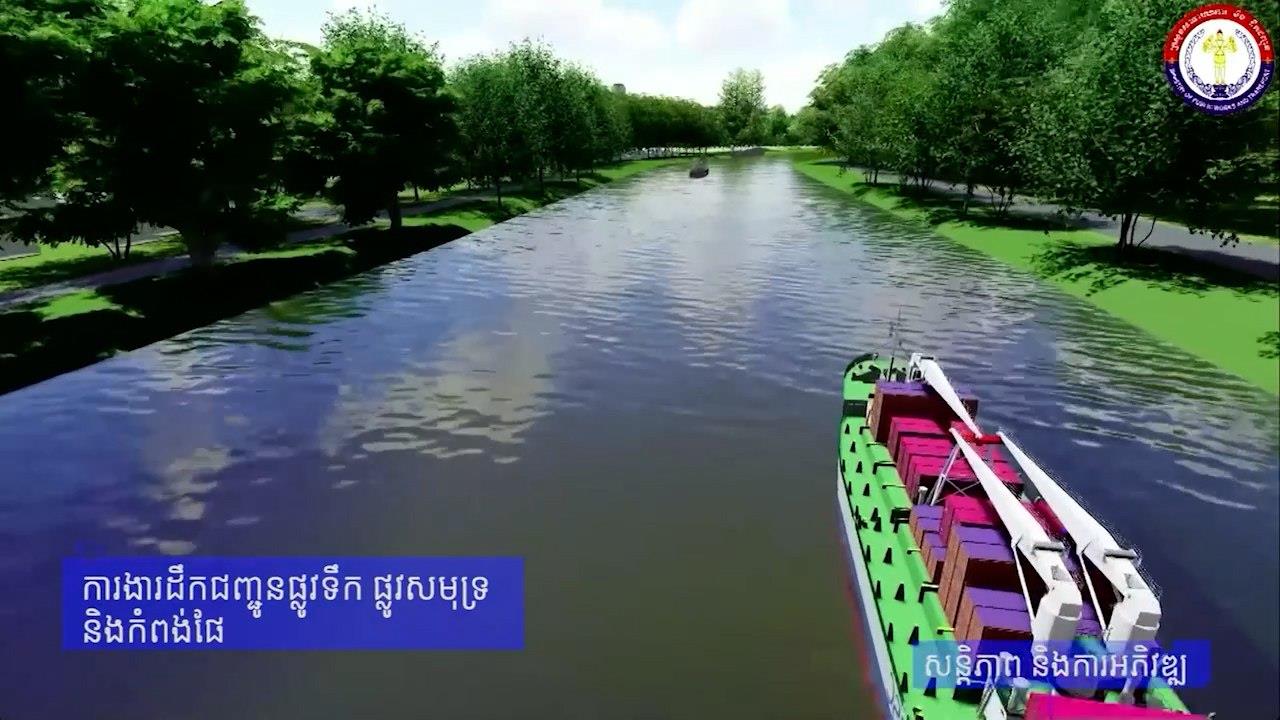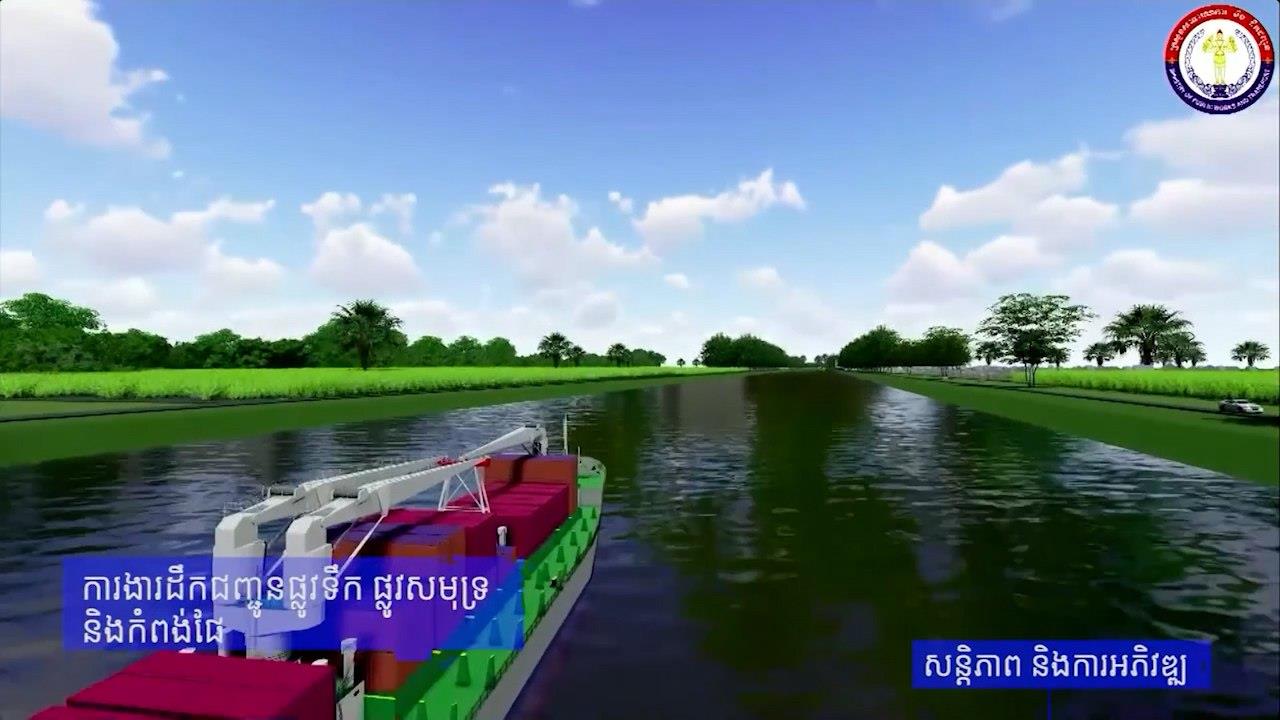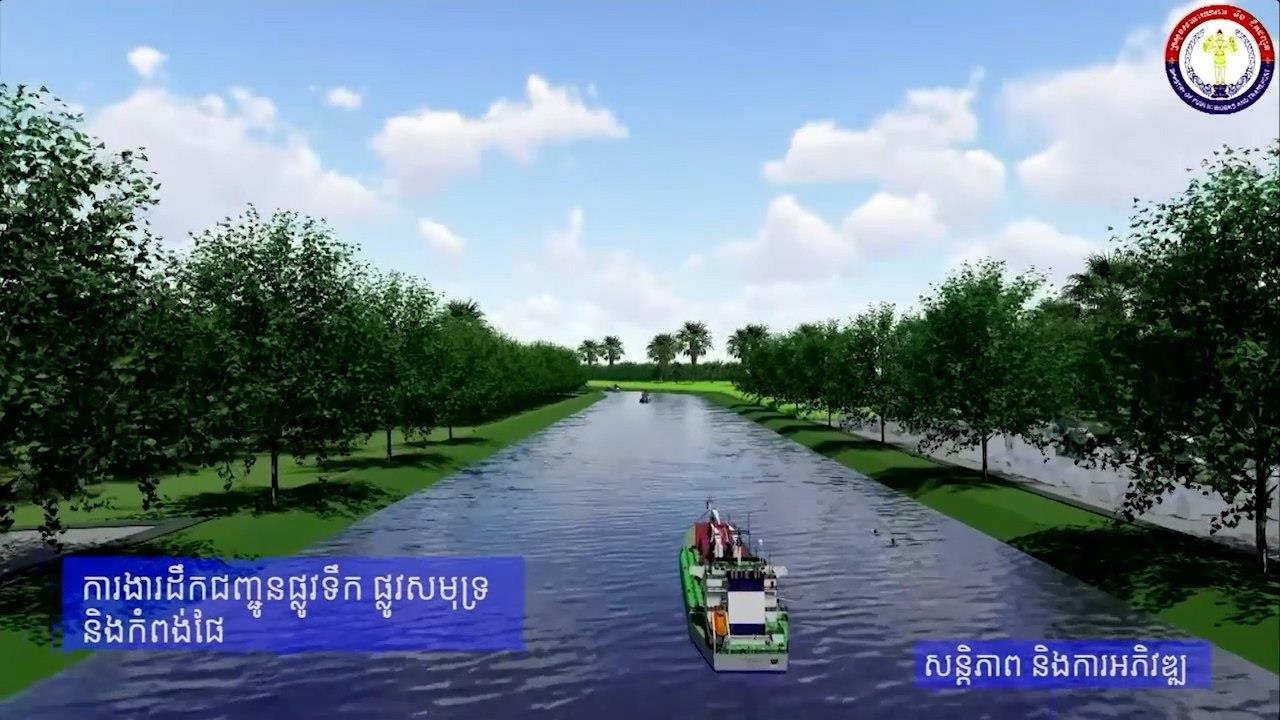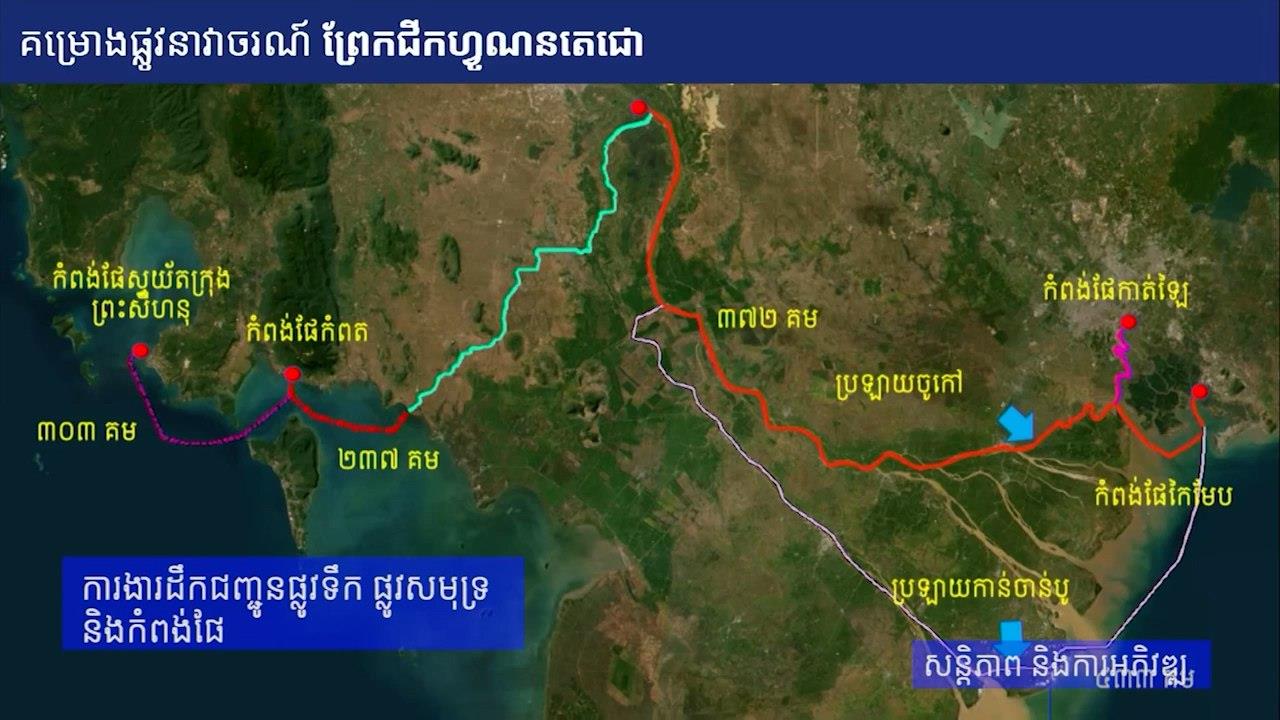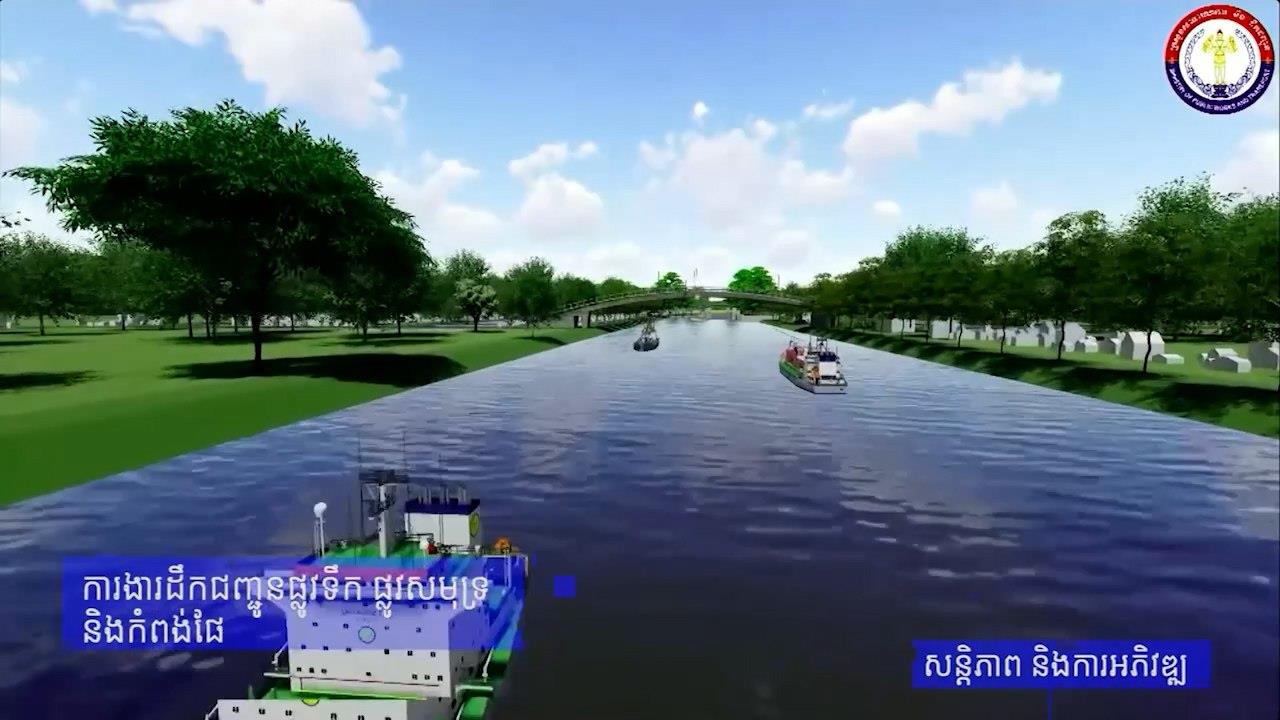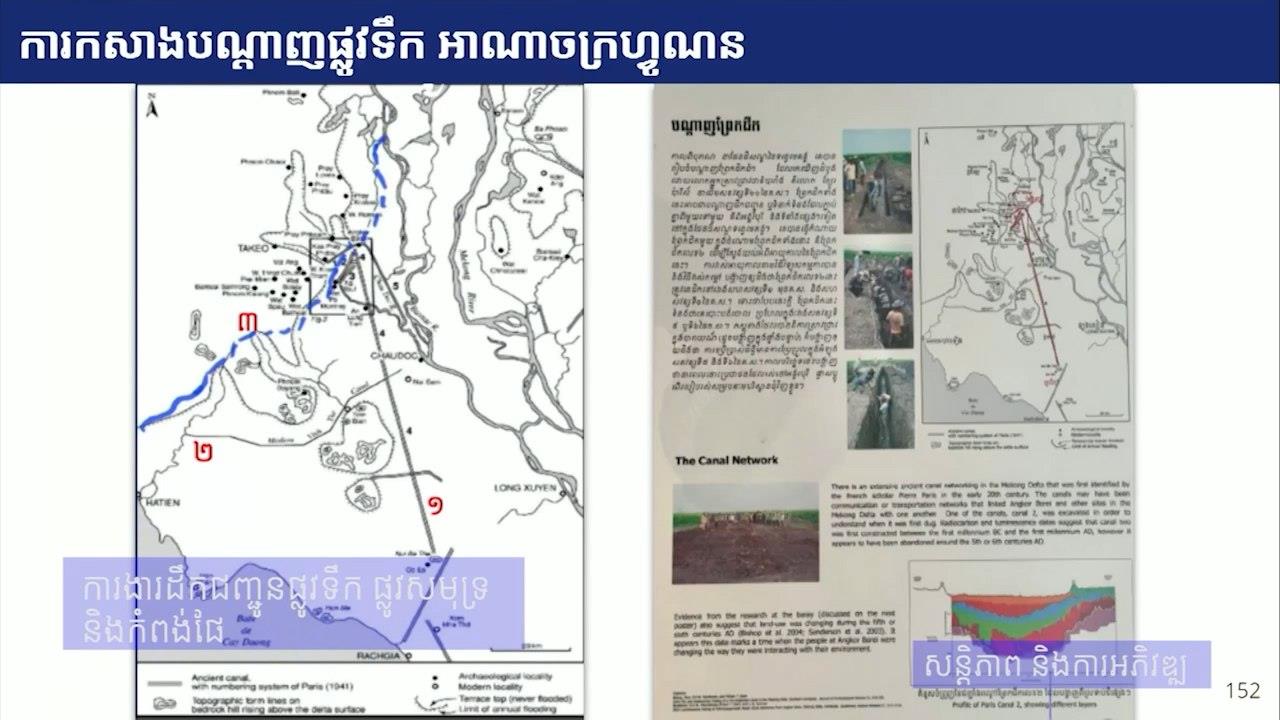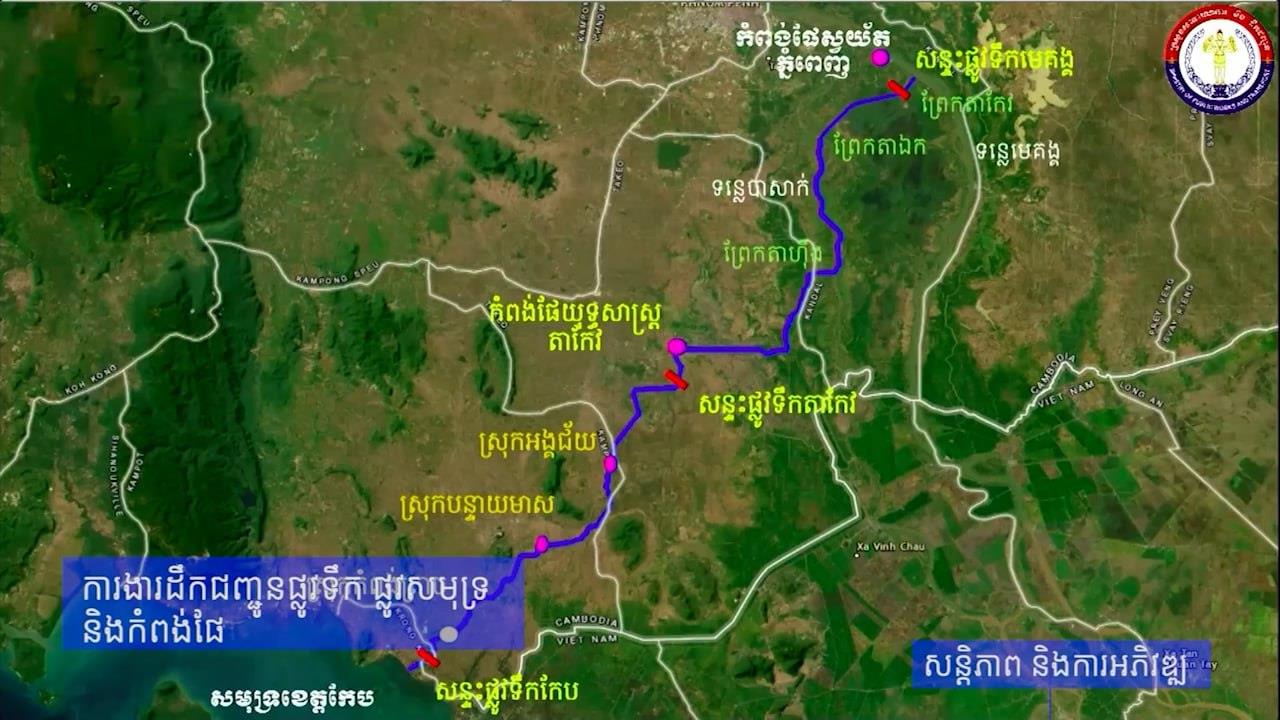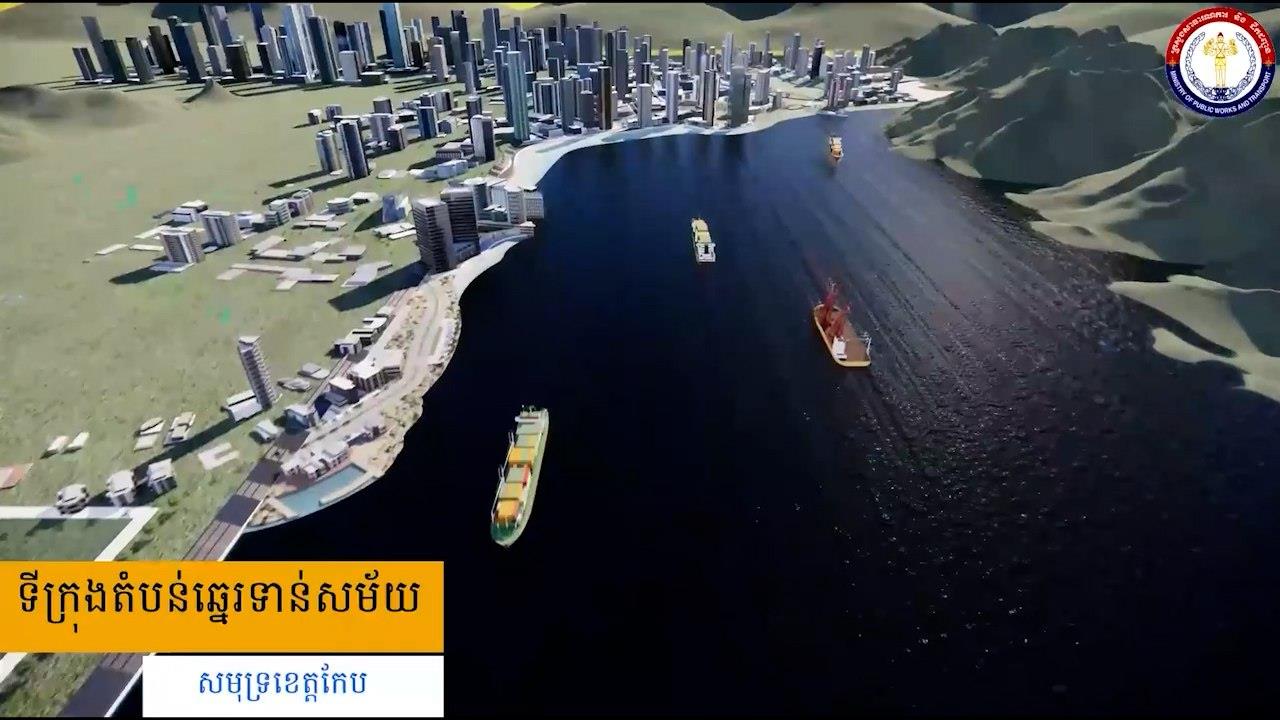Phnom Penh (FN), Apr. 23 – In his capacity as the Chairman of the Mekong River Commission (MRC), Laotian President Thongloun Sisoulith pledged support for the Funan Techo Canal Project.
The Funan Techo Canal Project was among the topics discussed in the meeting between Cambodian President of the Senate Hun Sen and Laotian President Thongloun Sisoulith on Tuesday (Apr. 23) at the Senate.
During the meeting, Samdech Techo Hun Sen requested President Thongloun Sisoulith for the support for the Funan Techo Canal Project. In response, Laotian president, without hesitation, announced his support for the project.
Laos' support holds significant weight due to its membership in the Mekong River Commission. Given that decisions concerning projects along the Mekong River necessitate unanimous backing from all members, Laos' stance is pivotal in shaping the outcomes of such initiatives.
However, the project encountered backlash from Viet Nam, prompting Cambodia to provide additional clarification. Vietnamese analysts raised allegations that the project served Chinese military interests.
Samdech Techo denied all allegations, affirming that the Funan Techo Canal Project is exclusively geared towards socio-economic benefits. He underlined its role in expanding waterway access to the sea for Cambodia's southwest, complementing existing Mekong River transport routes.
Furthermore, Samdech Techo Hun Sen highlighted that the project serves the vital purpose of providing water for agriculture to residents along the canal, mitigating flood risks during the rainy seasons, and boosting freshwater fish production. Addressing concerns, Samdech Techo reassured that the canal project would not disrupt the Mekong River's water flow, as it connects from the Bassac River and incorporates a sluice gate to regulate freshwater outflow to the sea.
The Funan Techo Canal Project aims to connect waterways between rivers to the sea of Cambodia, passing through Kandal, Takeo, Kampot, and Kep provinces. It is about 180 kilometres long. The project is expected to cost about USD 1.7 billion and has been studied in detail.
=FRESH NEWS
